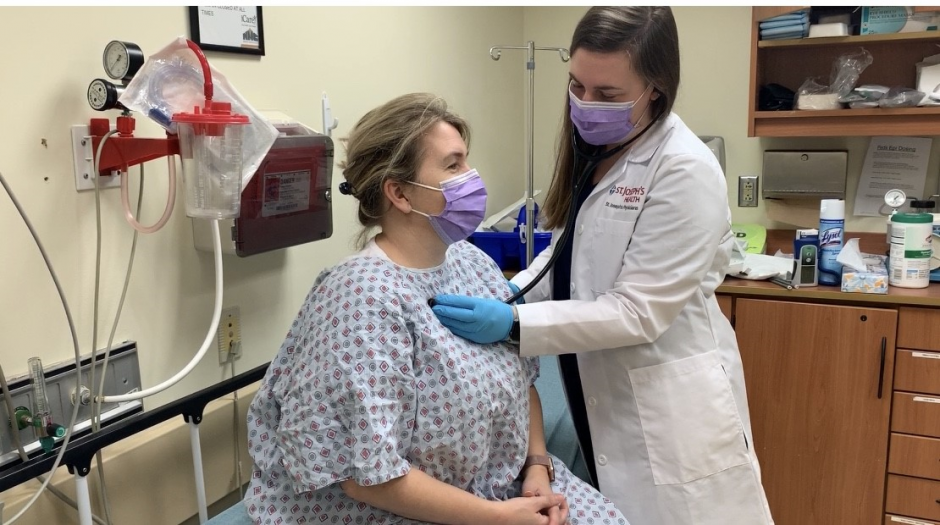Syracuse, N.Y. (NCC News) — The flu is hitting Central New York harder than usual this year – and according to medical professionals, it won’t be stopping anytime soon.
As the number of positive cases reported continues to rise each week, the total number of cases has risen to nearly 1900 this season, just in Onondaga County alone.

While this number may seem relatively low compared to the 80,000 cases reported in New York state, these numbers are unusual, as they skyrocketed much earlier than expected.
“It’s a lot more of a steep curve than previous years so that’s why a lot of people have been nervous about this flu season,” said Onondaga County Public Health Educator Andrea Flood. “It did take off so quickly and it hasn’t really been showing any chance that it’s going to stop.”
Historically, the number of positive flu cases begins to die down towards the middle to end of February. However, one medical professional says this flu season is expected to last longer.
“For this particular season with what the CDC has been looking at for forecast, the numbers and the cases will remain high throughout the entirety of February and maybe into early March,” said Dr. Wayne Chou at Saint Joseph’s Health. “This fluctuation is new this year and may be due to a multitude of factors.”
According to the Onondaga County Health Department, the best ways to stay healthy this flu season are:
- Avoid contact with people who are sick
- Cough into your elbow
- Throw away used tissues
- Wash your hands
- Use hand sanitizer
- Try not to touch your eyes, nose and mouth during the day
- Get your flu shot. The flu shot is the best way to prevent the flu.
- The sooner you get vaccinated against the flu, the better.
Chou recommends seeing a doctor as soon as you experience flu-like symptoms: fever, coughing or sneezing.




